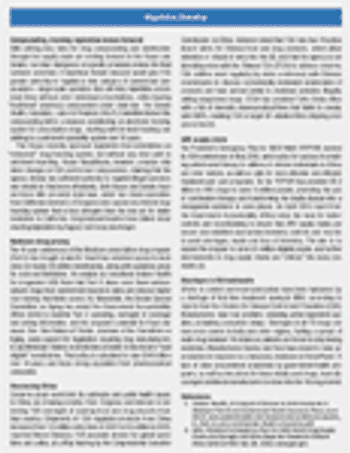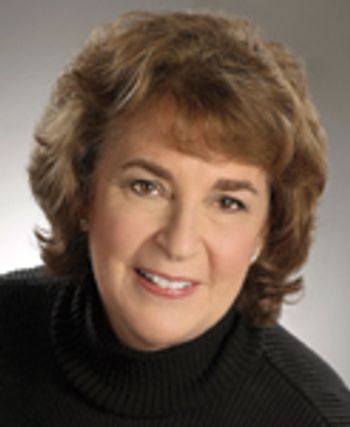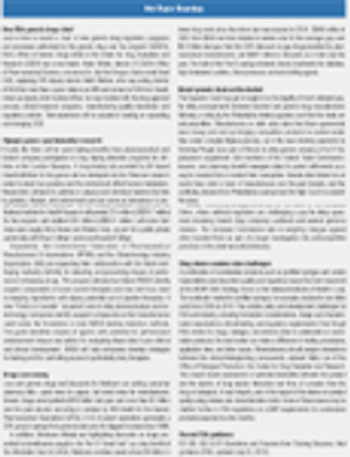
Thirteen companies are accepted for participation in the supply chain program.

Thirteen companies are accepted for participation in the supply chain program.

The international “Fight the Fakes” campaign will raise awareness about the dangers of counterfeit medicines.

Increased manufacturer outsourcing requires clear policies and written agreements with CMOs.

Bills to regulate drug compounding and establish a national track and trace system face political and policy differences.

New Center for Pharmaceutical Advancement and Training increases number of experts and available tools in Sub-Saharan countries.

INTERPOL and 29 of the world's largest pharmaceutical companies have joined forces in an initiative to battle counterfeit drugs.

An operation spanning 16 African countries and conducted by the World Customs Organization (WCO) in partnership with the Institute of Research against Counterfeit Medicines (IRACM) led to the seizure of more than 82 million doses of counterfeit medicines.

Manufacturers and regulators struggle to control phony versions of crucial medicines.

A report from the European Commission shows that fake pharmaceuticals were the top articles detained by European-Union customs in 2011.

European and US associations call for continued vigilance against the threat of counterfeit medicines.

The European Federation of Pharmaceutical Industries and Associations (EFPIA) has formally adopted a memorandum of understanding (MoU) with key partners for a harmonised, European system for medicines verification.

The UK's Medicines and Healthcare products Regulatory Agency has launched a new anticounterfeiting strategy with the aim of curbing the occurrence of falsified medicines in the county's supply chain.

When a pharmaceutical supply chain is compromised, there can be disastrous consequences, not only for consumers, but also for manufacturers. Without comprehensive security measures, pharmaceuticals are susceptible to counterfeit, diversion, dilution, tampering and deliberate contamination ultimately compromising patient safety.

Nigeria Looks to Simple Packaging Controls and International Cooperation to Curb Counterfeit Drugs

Supply-chain analytics can lead to increased profitability.

With counterfeit and adulterated medicines posing an increasing risk to patients in the United States and worldwide, the US Pharmacopeial (USP, Rockville, MD) Convention announced on February 4, new standards for two widely used drug products that have been involved in episodes of adulteration resulting in patient deaths.

RFID is currently the most advanced tracking technology, but manufacturers need to pursue a multilayered approach . . .